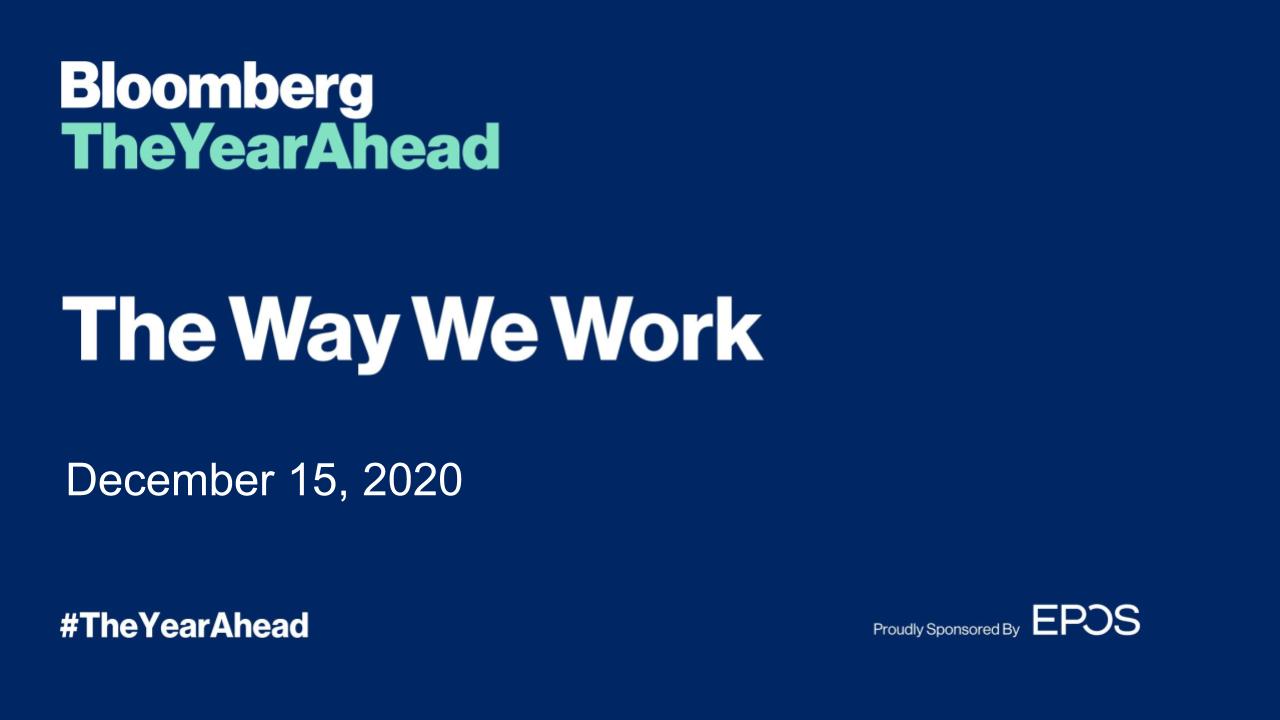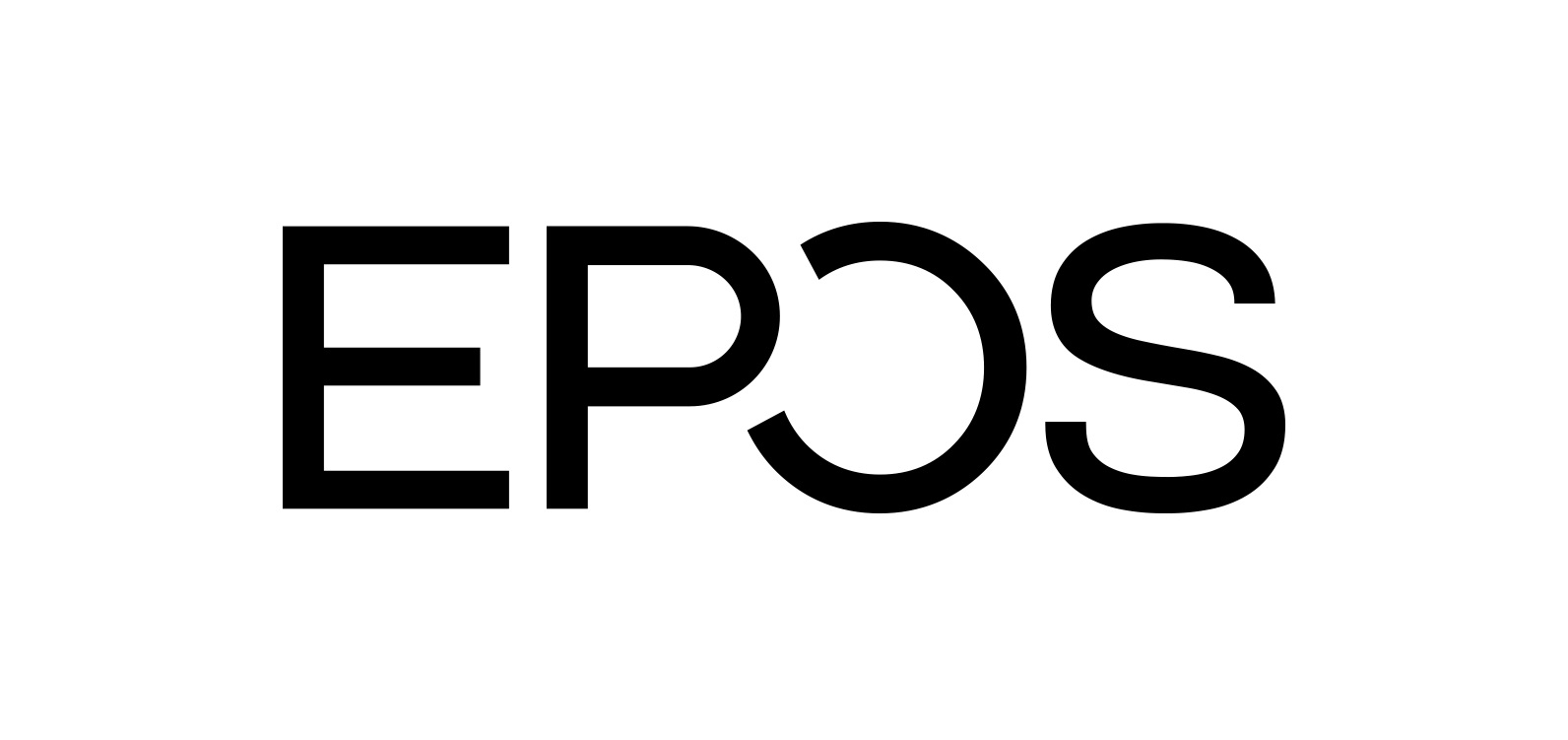
Event Highlights
The Year Ahead: The Way We Work
The pandemic has caused a massive disruption to the global workforce and has made many of us rethink how, where and why we work. Large swathes of employees are working remotely around the world. This has accelerated growing awareness of the value of good, clear audio and video to both employers and employees.
For some businesses, this model has been successful, for others, less so. We look at what’s worked, what hasn’t and examine the vital tools a company needs to thrive under this new arrangement. Key amongst them — clear communication, so that people do not mishear or misunderstand one another. This is vital to keep a business running and to keep employees from feeling (and possibly being) isolated. As the world’s largest work-from-home experiment continues, we convene thought leaders to discuss how to make work-from-home work for everyone and the role audio can play in creating meaningful connections.
- Emma Morley, Creative Director & Founder, Trifle Creative
- Lara Owen, Director, Global Workplace Operations, GitHub
- John Roa, Entrepreneur & Philanthropist
- Rebecca Seal, Author, Writer and Presenter
- Melanie Tinto, Chief Human Resources Officer, WEX
- Brynhild Vinskei, Head of Global Marketing, EPOS
Below are some highlights from the event.
Click here to view the event on demand.
On creating the right work-from-home culture: Lara Owen, Director, Global Workplace Operations, GitHub, said that her company had been reinvesting in their virtual culture with the aim of helping employees find or develop virtual communities. “We’ve invested in things like ‘coffee and beats,’ bringing artists from around the world to play half an hour on Tuesday mornings to employees. We’ve got speakers in: astronauts from NASA and coffee makers to teach people to make the best coffees from home.” Owen also said the company had created new Slack channels, including ones dedicated to personal finance and for Taco Bell aficionados. This has helped people strengthen those interpersonal network connections that they lost due to the pandemic, she said. Owen also stressed the importance of using technology appropriately to ensure that a work-life balance is maintained and said that one of the ways of achieving this is for managers to lead by example. GitHub’s leadership, therefore, is encouraged to take regular vacation and try to avoid emailing on Sundays to set the right expectations and culture for the company.
On the rise of employee-monitoring software: In response to a question asking how some companies are ensuring that their staff puts in the number of hours a week expected of them, Stefania Spezzati, UK Finance Reporter, Bloomberg News, said, “It is quite stunning.” Spezzati continued: “We all knew the big banks and big companies are monitoring employees as much as they can because they want maximum productivity. With the pandemic, we just went to a further step. There are companies offering monitoring software who are really making a fortune out of this pandemic.” Spezzati said that there is a huge demand for the kind of software that tracks if employees are at their keyboards, how fast they’re working and if they are sharing information they are not supposed to. While companies might save on their real estate footprint through working from home, Spezzati cautioned that the costs of monitoring compliance and productivity, which have vastly increased in the pandemic, will be significant.
On the tolls and challenges of working from home: Brynhild Vinskei, Head of Global Marketing, EPOS, sponsor of the event, zeroed in on how audio affects the brain and noted that EPOS surveys had revealed “an increase in brain fatigue”’ during the pandemic. Vinskei elaborated that, unlike other sensors, the brain picks up sounds at a different pace and finds them trickier to put into stimuli — which can then result in stress. Vinskei cited a specific EPOS survey that revealed that 25% of people felt stressed and embarrassed during meeting situations in which they could not hear people well enough in pre-Covid-19 times. This breakdown in communication has only been exacerbated by technology during the pandemic; as a result, we have seen increased stress levels in people, Vinskei said. Accordingly, employees are now nearly twice as willing to invest in audio tools than before Covid-19, she concluded.
Bloomberg’s The Year Ahead: The Way We Work was Proudly Sponsored By

——————————
Join the Conversation: #TheYearAhead
Instagram: @BloombergLive
LinkedIn: Bloomberg Live
Twitter: @BloombergLive
Interested in more Bloomberg Live virtual events? Sign up here to get alerts.
——————————